PLAN International's CHS independent verification journey
Independent verification against the CHS allows us to prioritise actions and it ensures that we are continuously learning and improving
February 2021
PLAN International is a development and humanitarian organisation specialised in advancing children’s rights and equality for girls. In the last five years, PLAN International has nuanced the strategy with a focus on adolescent girls. PLAN International works in humanitarian and development settings with a presence in 75 countries globally.
An interview with Emma Kelleher, Information Management and Accountability Specialist, Disaster Risk Management team at the Global Hub.
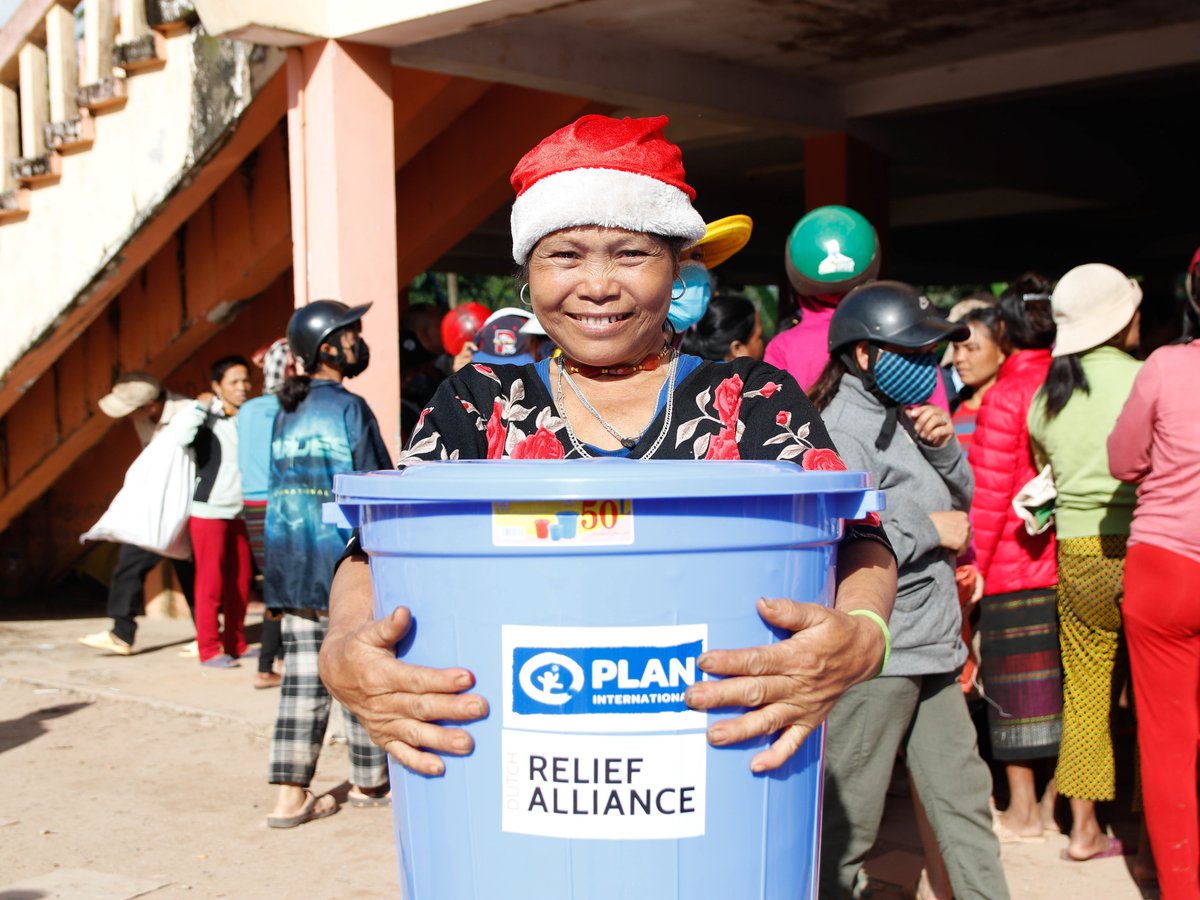
What were the reasons for PLAN International to enter the independent verification process against the CHS in 2018?
PLAN International has had a history with the Humanitarian Accountability Partnership (today the CHS Alliance), since its inception and has been involved in the development of the Core Humanitarian Standard (CHS) on Quality and Accountability. We have always taken accountability seriously, and we have increasingly dedicated resources to this area in the last five years.
Our journey started with a CHS Alliance self-assessment at the UK country office and a benchmarking of the German country office by HQAI. Both helped us to reflect on our strengths and weaknesses. From this internal reflection, we wanted to add an independent and external insight into whether our self-reflection is accurate. We then decided to consolidate different verification exercises under PLAN’s Global Hub. Having an external audit is very useful to ratify that what you have been thinking is going in the right direction. Naturally, PLAN International moved forward to independent verification against the CHS.
Timewise, this discussion coincided with the conversations of national offices with donors, mainly in the UK. These discussions were about a shift towards more accountability and the independent verification of such frameworks. The Disasters Emergency Committee (DEC) made independent verification or certification mandatory for their membership and this helped us to push the argument for it internally. The key was to centralise the responsibility on the independent verification to streamline the learning throughout the organisation.
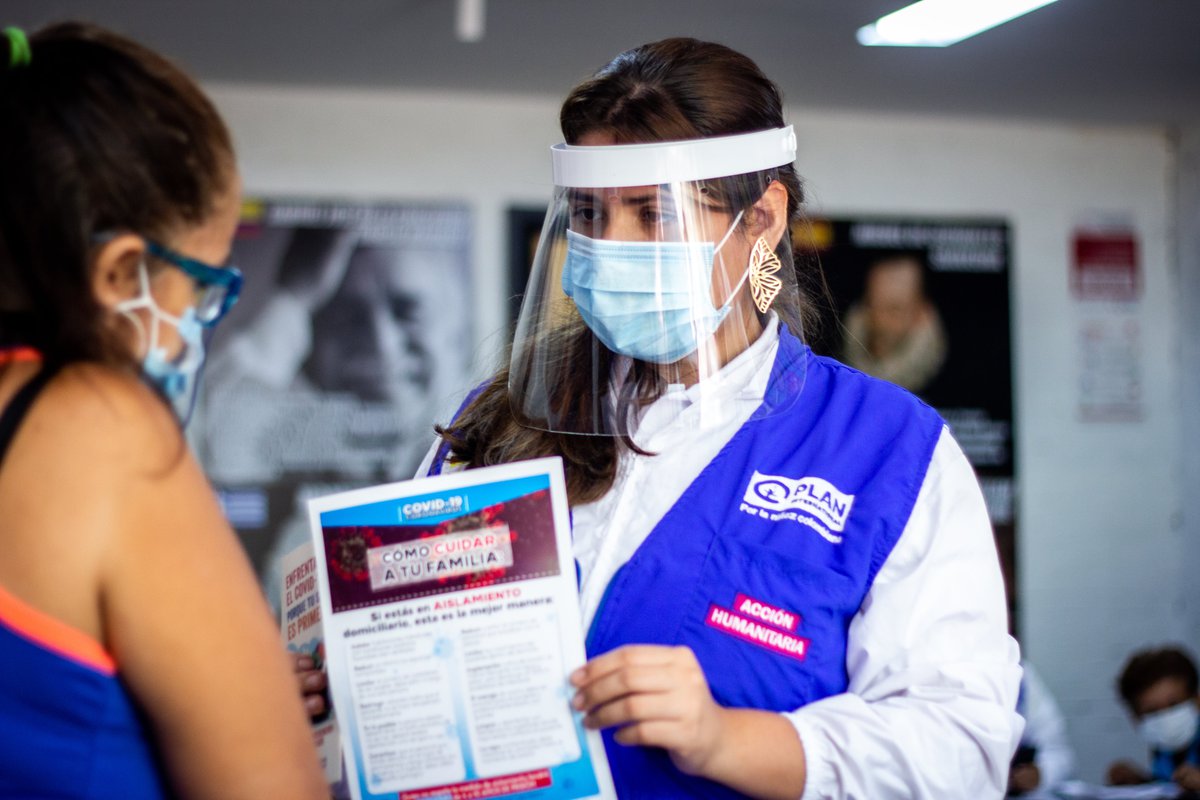
What has surprised you positively during the audit(s)? What negatively?
A positive outcome from the initial audit was that the findings were in line with our results from the CHS self-assessment and HQAI’s benchmarking. It ratified the direction of our self-reflection and allowed PLAN International to prioritise areas in the coming years. Especially areas pointed out as weaknesses in the audit report were helpful for us when creating an action plan. The mid-term audit, two years after the initial audit, re-assured us in the way we improved our work.
Unexpected was the significant amount of work for audit preparation and coordination. PLAN International put in many administrative and logistic resources and created new roles to accommodate the workload. A good outcome was the creation of dedicated responsibilities under my position for the independent verification against the CHS.
COVID-19, national measures against spreading the virus, and global travel bans all had an impact on PLAN International’s mid-term audit because HQAI auditors were not able to travel to communities. One of the driving factors of an external audit is this trust-inferred third-party who talks to communities and hopefully removes some bias. A greater focus on this part, renewed energy on learning, and a greater exchange with country staff would be interesting to explore for the next audit.
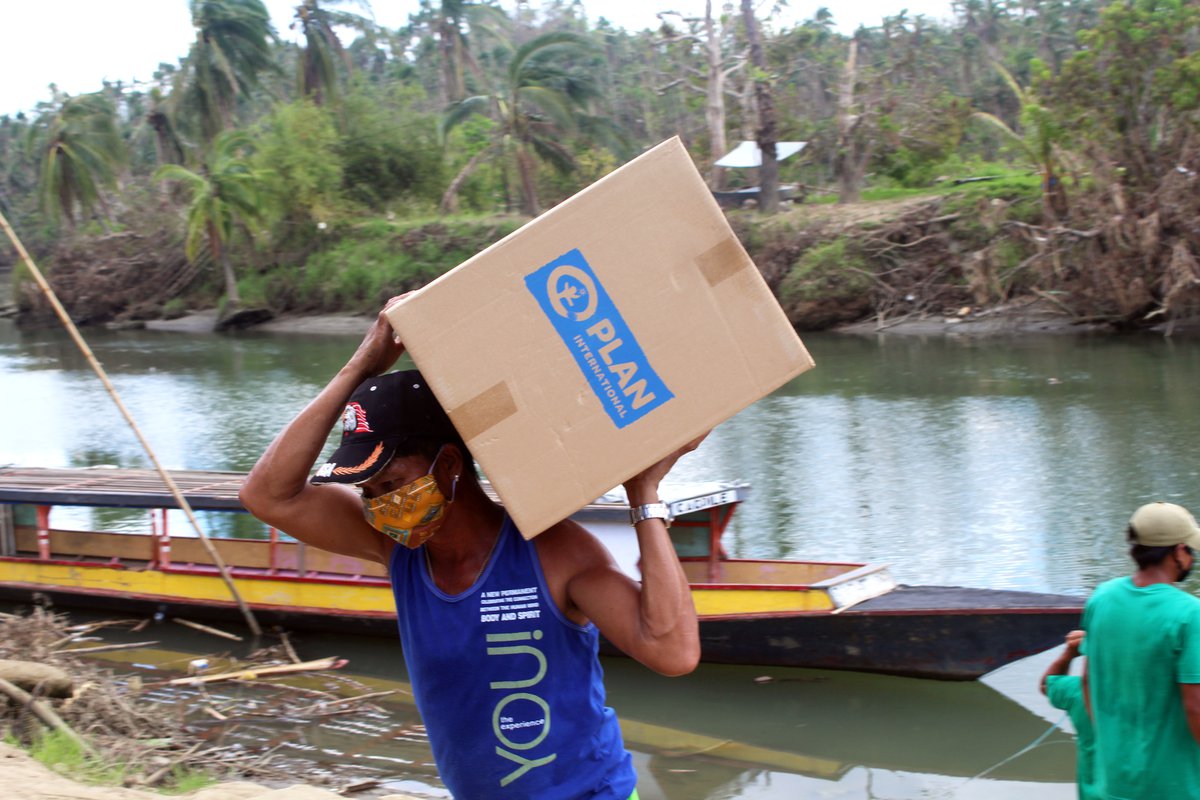
What were your major learnings from being independently verified against the CHS?
Both audits highlighted the need for a change of our feedback and complaint mechanisms related to Commitment nr. 4 and 5 of the CHS. PLAN International dedicated resources to re-design and re-think how we do this process. From there, we developed a child-friendly complaint and feedback mechanism and toolkit that is now used throughout PLAN International.
Based on the audit findings, we realised that there is a gap in how you talk to children in different ages, how you communicate with youth groups, and how you create a safe environment for giving feedback. We work in on-set natural disasters and conflict areas but also development contexts, and this has to be taken into account. Therefore, we wanted to create step-by-step guidance that can be adapted to different contexts, different age groups, and with the support of our programme participants. Initially, the audit found a weakness but through our dedication of resources and work, the toolkit became a strength.
The toolkit on the child-friendly complaint and feedback mechanism is a real benefit for the entire sector. Today, peers utilise the tool, it is shared through the IASC result group 2 on accountability & inclusion and through the CHS Alliance’s Accountability to Affected Populations community of practice.
Another area that PLAN International has worked on over the past years is the real-time review of its emergency programmes. These reviews look at large scale emergencies in the first 6-8 weeks and check if the programme is agile enough. A recent change is that PLAN International put the review against the Nine Commitments of the CHS. The outcome is that people use the same language and get a better understanding of the standard which helped tremendously with the familiarisation of the standard. For us, the standard is not simply a poster in the background but translated into everyone’s work.
Due to recent anti-racism discussions in humanitarian aid and development work, we started to look at ten feminist leadership principles that fit nicely in the CHS. Both are about how to share power responsibly and how we can be a positive partner. Therefore, the CHS is not a box-ticking exercise for us but a real discussion on power relations with our programme participants.
Finally, PLAN International is a large organisation and change is relatively slow. One important change was a process of socialisation of all humanitarian standards with the leadership. This work was about focussing on the essence of the commitments thereby creating an understanding throughout the leadership. This work was pivotal to drive change. Independent verification has certainly facilitated these conversations.
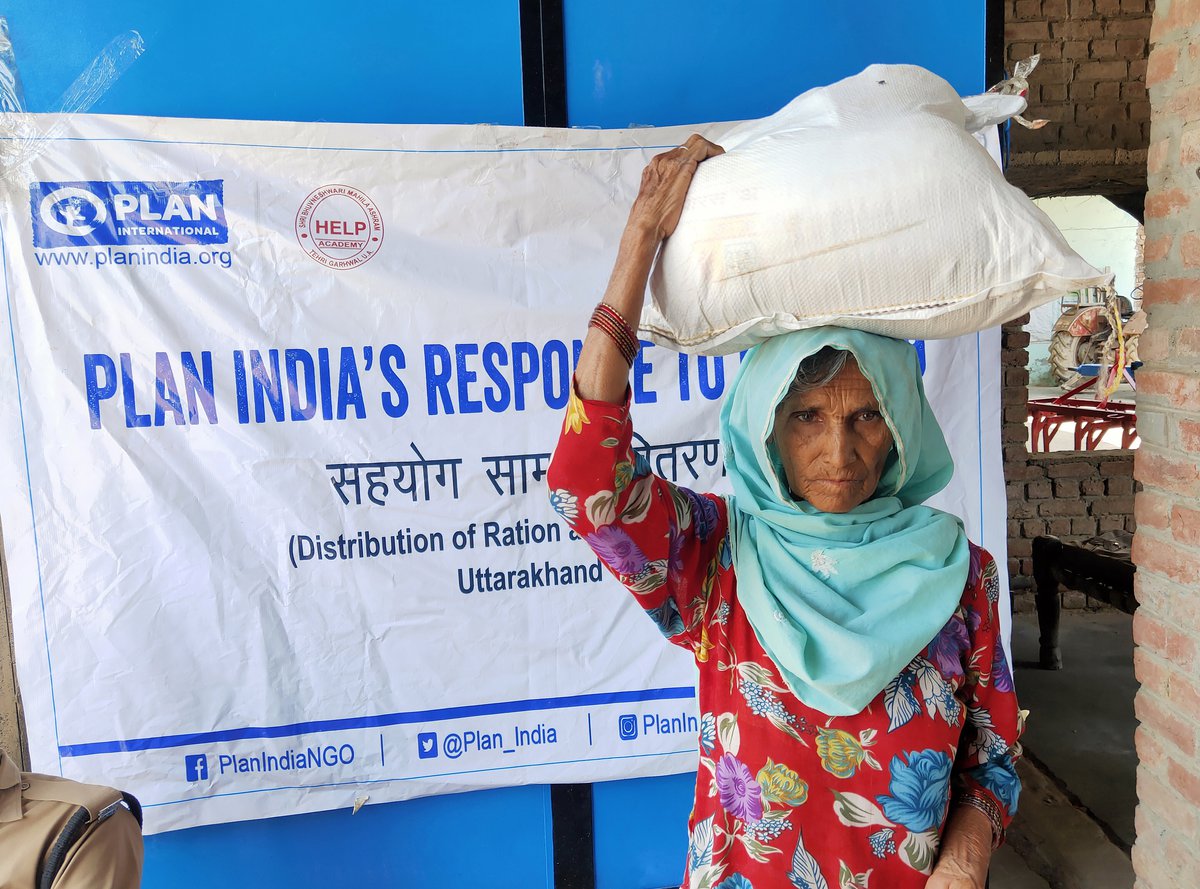
Do programme participants react to any of the changes made through independent verification?
We hope we can offer a better discussion to programme participants by designing appropriate channels together. For example, in Vietnam, one youth group which participated in one of PLAN International’s programme hold us to account. The youth group was fully engaged in the design of the programme, in the decision-making and the real-time review. This is the way we want to move forwards to create more equitable engagement in programmes.
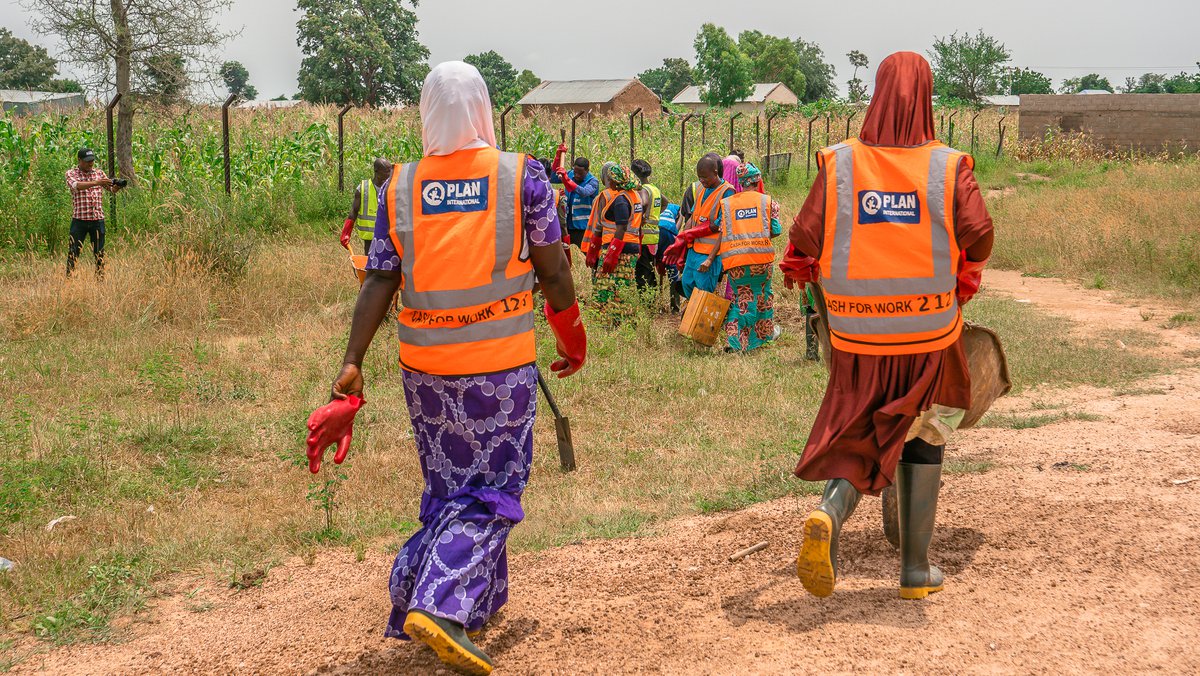
Would you recommend other organisations to get independently verified against the CHS?
Independent verification against the CHS has been incredibly interesting and a valuable exercise for PLAN International. It allowed PLAN International to show an external and internal commitment towards accountability to affected populations. Having one standard to form a conversation around is very useful. Independent verification against the CHS allows us to prioritise actions and it ensures that we are continuously learning and improving. Having someone externally that confirms your line of thinking, where to improve and where you have strengths, is very valuable. It gives you an assurance that you are on the right track and it provides you with an internal advocacy tool to set priorities.
One recommendation is to be committed, from leadership to staff. It needs an overall engagement in the organisation. I recommend carving out accountability-specific staff time, not only for the person in charge but on different levels.
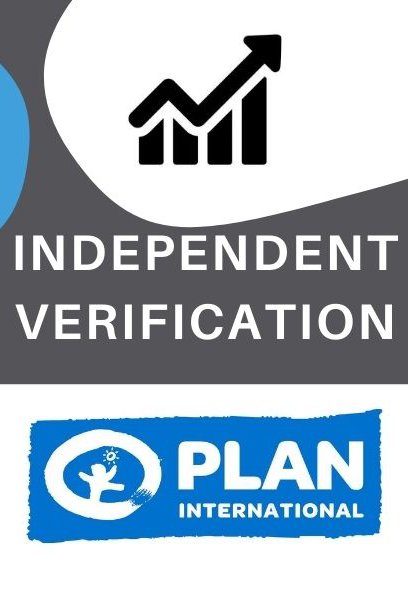
PLAN International
Explore PLAN International's profile and latest audit reports
Category